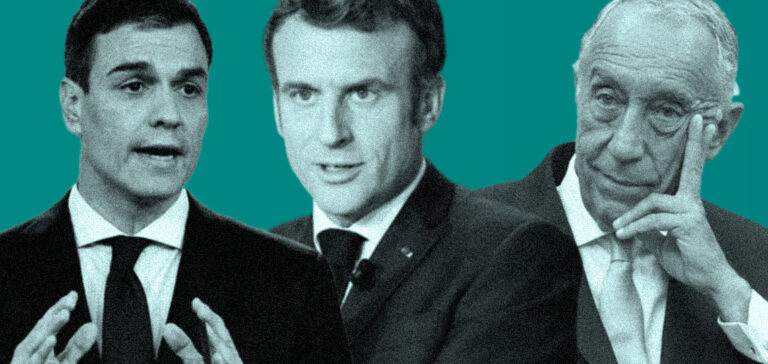The MidCat is coming to an end with the joint announcement by France, Spain and Portugal on Thursday that they have reached an agreement to replace the project with an undersea pipeline between Barcelona and Marseilles, designed to carry gas and then green hydrogen.
Initially launched in 2003, the MidCat (short for Midi-Catalogne) project was designed to link the French and Spanish gas networks via a 190-kilometer pipeline from Hostalric, north of Barcelona, to Barbaira, east of Carcassonne, across the Pyrenees.
“We have agreed to replace the MidCat project with a new project, which will be called the Green Energy Corridor, to connect the Iberian Peninsula to France and therefore to the European energy market between Barcelona and Marseille,” explained the head of the Spanish government, Pedro Sanchez, upon his arrival in Brussels for a European summit devoted to the energy crisis.
“It is about creating a pipeline for green hydrogen but also transiently for gas, which the European energy market needs,” he said.
Sanchez, French President Emmanuel Macron and Portuguese Prime Minister Antonio Costa are scheduled to meet on December 8 and 9 in Alicante, Spain to finalize the agreement.
Supported by Madrid and Lisbon, but also by Berlin, which sees it as a means of reducing the EU’s dependence on Russian gas, the MidCat was intended to enable Spain, which has 30% of Europe’s liquefied natural gas (LNG) regasification capacity, to export gas by ship from the United States or Qatar to the rest of Europe.
This project – which was abandoned in 2019 due to its environmental impact and economic interest, which was considered limited at the time – was also intended to allow for the long-term transport of green hydrogen, the energy of the future produced by renewable energies, of which Spain wants to be one of the champions.
Mr. Macron announced “the abandonment of the historic MidCat project (…) to favor a project that we will work on in the coming weeks in a very intense way to three”.
“The objective is to work on the intensification of our electrical interconnections and the densification of the latter, and to work on a hydrogen and renewable energy interconnection between Barcelona and Marseille,” he said.
“So the objective of being better connected to the rest of the continent through Spain and Portugal is thus raised, and then the objective that was ours, to continue our strategy of climate and energy transition, corresponds to this new project,” he continued, adding that the project was to receive European funding.





















